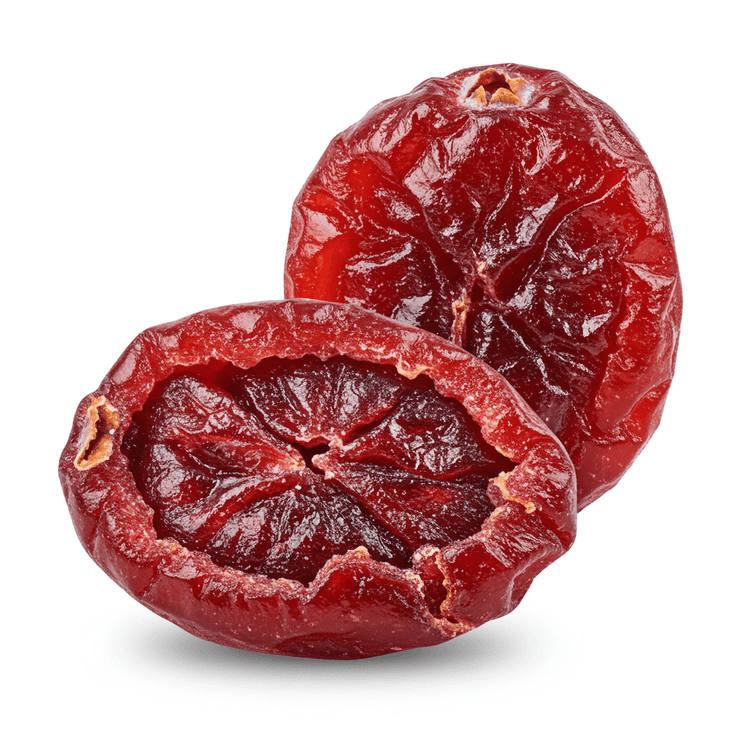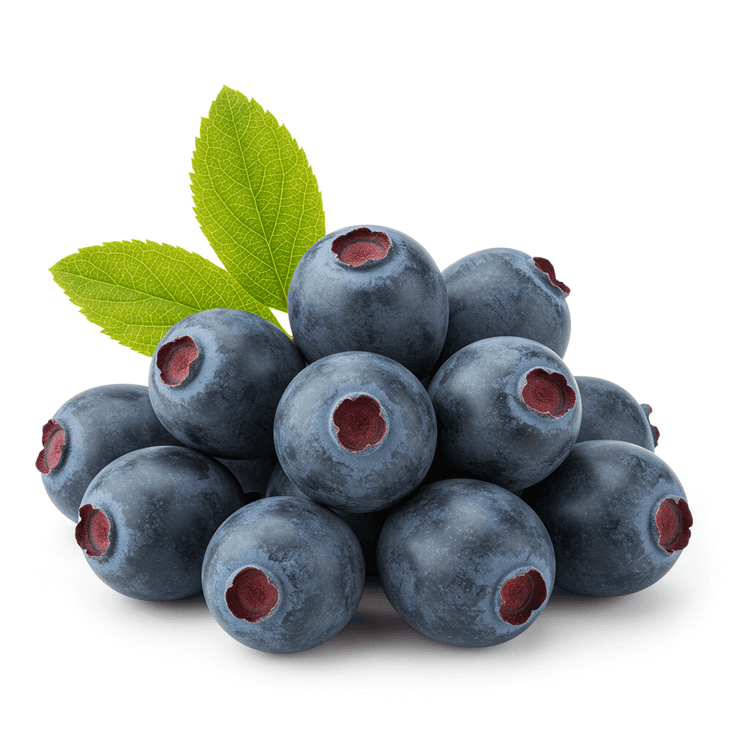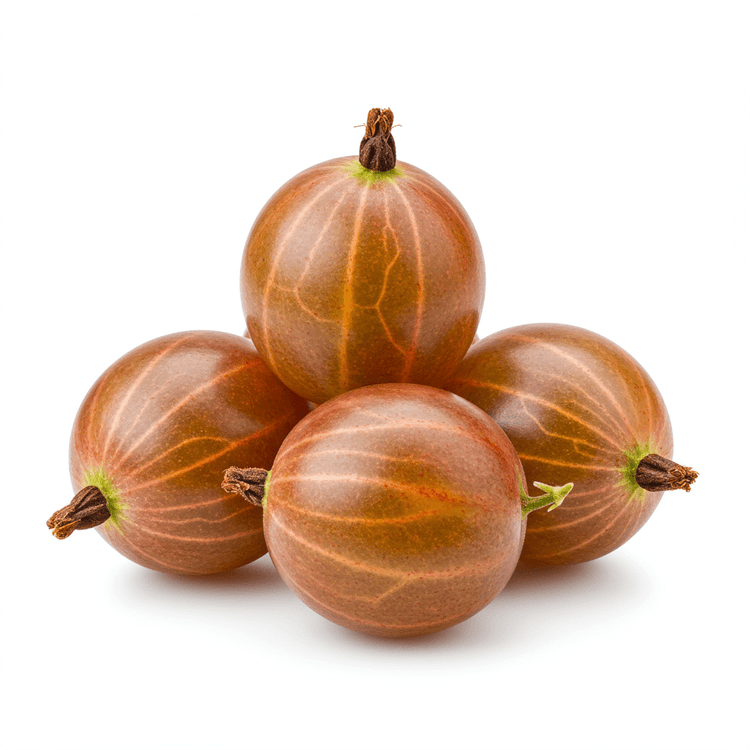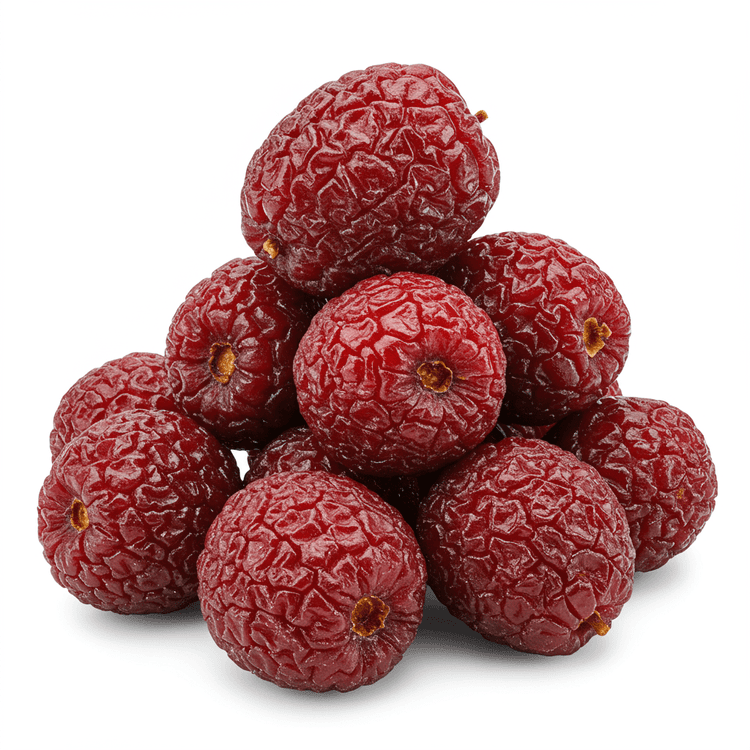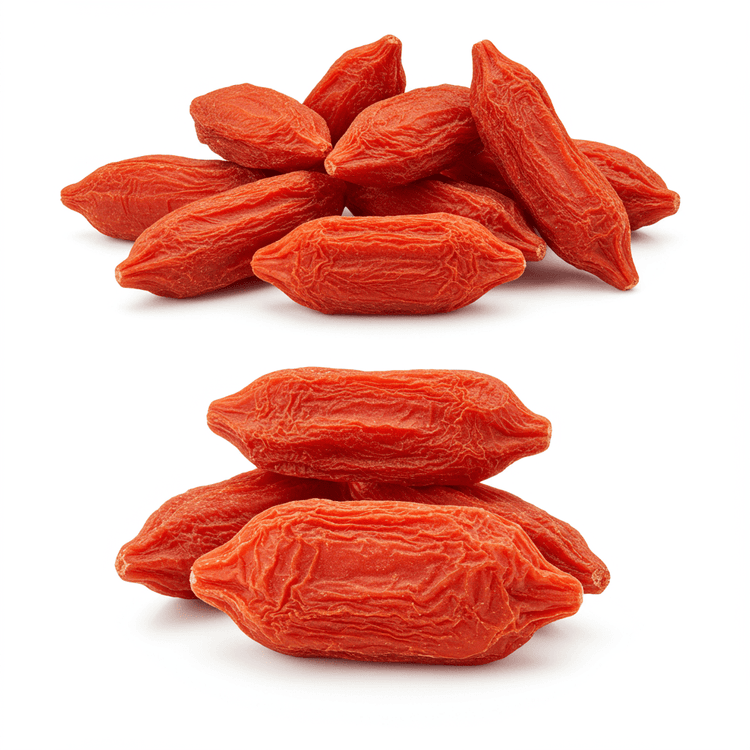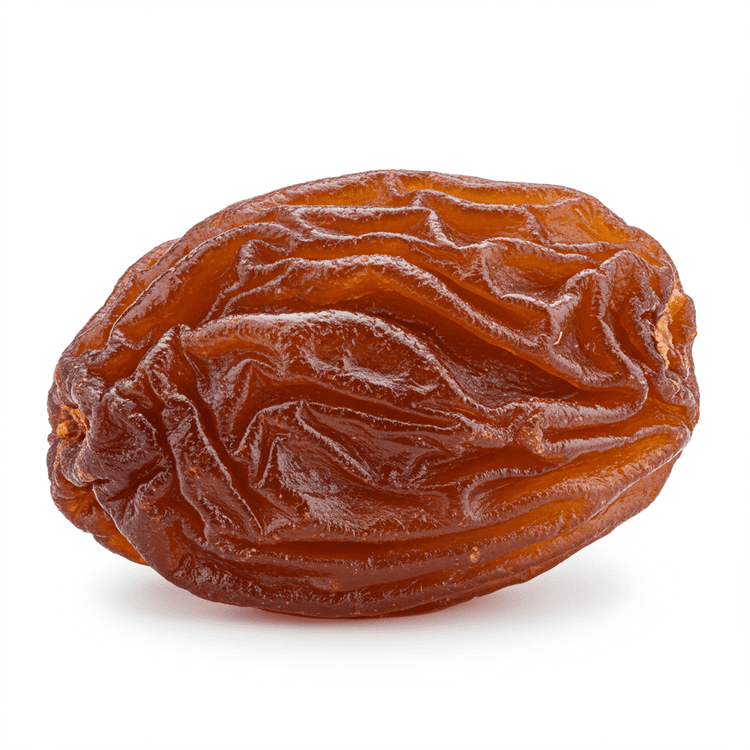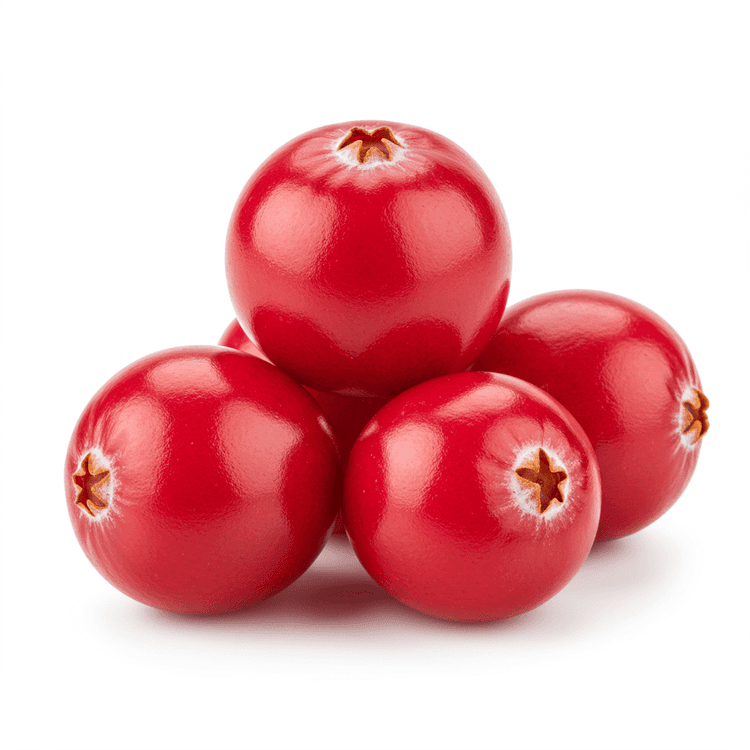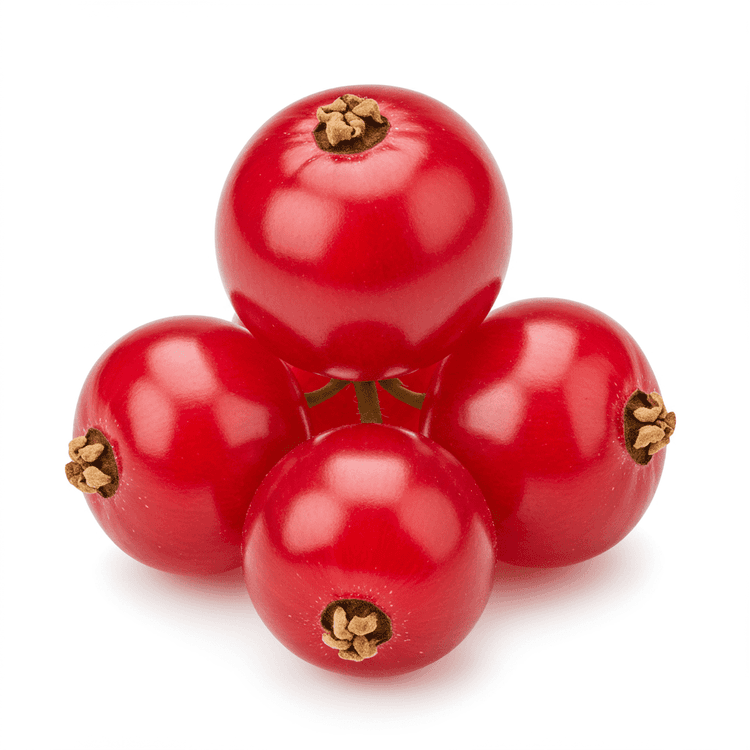
Currant
Currants are small, tart berries that grow on bushes. They come in various colors, including red, black, and white, each offering a slightly different flavor profile. Red currants are known for their bright, acidic taste, perfect for adding a tangy kick. Black currants possess a more intense, earthy, and slightly sweet flavor often used in jams and desserts. White currants are the mildest, offering a delicate sweetness. These juicy berries have a smooth skin and a seedy interior, contributing to their unique texture. They are often available fresh during the summer months, or dried and frozen for year-round enjoyment. Discover the versatility of currants, from adding a burst of flavor to baked goods to creating flavorful sauces and preserves.
Common Uses
- Make homemade currant jam or jelly to preserve the fresh, tart flavor of the berries, perfect for spreading on toast or scones and preserving fresh currants.- Bake currants into muffins, scones, or cakes to add a burst of fruity sweetness and a slightly chewy texture.- Prepare a vibrant currant sauce or chutney to serve alongside roasted meats, poultry, or cheese, balancing the richness of the dish with a tangy counterpoint.- Use currants in fruit salads or compotes for a refreshing and colorful addition, complementing other seasonal fruits.- Infuse currants into liquors or syrups for cocktails or flavoring desserts, capturing their unique flavor in a concentrated form.- Add dried currants to pilafs, couscous, or salads for a chewy texture and a touch of sweetness, enhancing savory dishes with a fruity element.
Nutrition (per serving)
Nutrition (per serving)
Calories
283.0kcal (14.15%)
Protein
1.4g (2.8%)
Carbs
76.8g (27.93%)
Sugars
45.7g (91.4%)
Healthy Fat
0.3g
Unhealthy Fat
0.0g
% Daily Value based on a 2000 calorie diet
Nutrition (per serving)
Calories
283.0kcal (14.15%)
Protein
1.4g (2.8%)
Carbs
76.8g (27.93%)
Sugars
45.7g (91.4%)
Healthy Fat
0.3g
Unhealthy Fat
0.0g
% Daily Value based on a 2000 calorie diet
Health Benefits
- Rich in antioxidants, helping to combat free radicals and oxidative stress.
- Good source of vitamin C, supporting immune function and skin health.
- Contains dietary fiber, promoting healthy digestion and gut regularity.
- Provides potassium, which is beneficial for maintaining healthy blood pressure.
- May improve eye health due to its anthocyanin content.
- Can contribute to heart health by reducing inflammation.
Chefadora AI is here.
Experience smarter, stress-free cooking.
Storage Tips
Currants are best stored properly to maintain their quality. Fresh currants should be refrigerated immediately in a shallow container or bag, where they can last for up to a week. Dried currants should be stored in an airtight container in a cool, dark, and dry place; they can last for several months. For longer storage, fresh currants can be frozen. Spread them in a single layer on a baking sheet until frozen solid, then transfer them to a freezer bag or container. Frozen currants can last for up to a year and are best used in baking or cooking as they may lose some texture when thawed.
Marnirni-apinthi Building, Lot Fourteen,
North Terrace, Adelaide, South Australia, 5000
Australia
